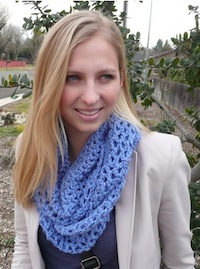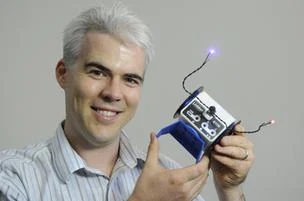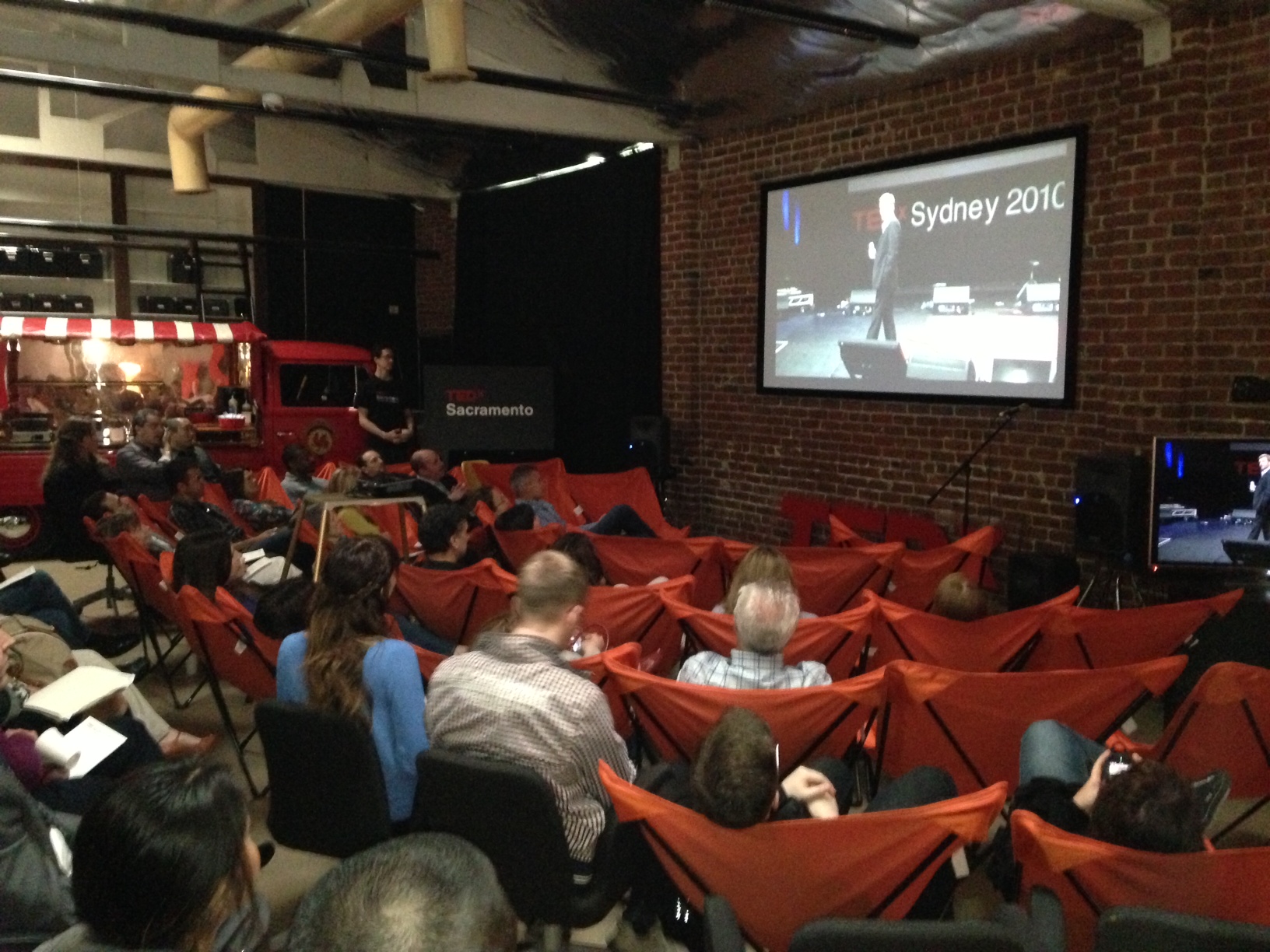Years ago, while volunteering in Kenya, I changed someone’s life. Not through the delivery of clean water, medicine or housing services (the cliché volunteer activities in “poverty-stricken Africa”), but through debt and bondage.
After taking several semesters of courses, I felt prepared and excited to volunteer in a microcredit program during an eight-week break from school. However, I quickly learned of the ethical challenges of volunteerism through my life’s intersection with Mary, a borrower who unexpectedly fell ill during her loan repayment period.
With medical bills accumulating and Mary unable to work due to illness, her business soon failed. Despite her hardships, Mary continued to pay her loan to avoid the various repercussions that other defaulters reported experiencing, such as social tension, physical abuse, and loss of household items.
High-pressure repayment tactics originated from the programs of American funders who established high repayment rate as a matrix for gauging success. Mary was the victim of policies created by individuals on the other side of the world, who will never learn of her borrowing experience.
I describe Mary’s story not to discourage volunteerism or philanthropy, but to provide a platform for discussion and reflexivity on the narrative that the West creates around the need to save the poor in the developing world, specifically Africa. Such discussion takes place on the TED stage many times.
From the villages of Kenya to the TED stage: Philanthropy Through the Eyes of the Donor
In the TED talk, “Why Giving Away Wealth has been the Most Satisfying Thing We’ve Done,” Bill and Melinda Gates discuss their foundation’s past and present efforts in the fields of health, poverty, education and policy advocacy. Bill and Melinda Gates stress that in order to tackle current global challenges we need the will to believe that we can improve our world. The Gates have strived to achieve this through their foundation and other charitable and research based initiatives.
A completely different perspective comes from another philanthropist, Peter Buffet, the son of Warren Buffet, billionaire and philanthropist who has pledged to give away his wealth.
In his New York Times Op-Ed Piece entitled “The Charitable Industrial Complex,” Peter Buffet expresses his wariness of rich American and European individuals establishing private foundations and charities. He warns against the intended and unintended “philanthropic colonialism,” creating poverty reducing initiatives, particularly in the Global South, designed and implemented with the perspective of Western donors.
He points out that rather than moving toward policy level change that could provide clean water, universal education, and healthcare for the billions in need, charities are problematically trying to provide such life necessities at a piecemeal pace.
The Right Approach: To be Empathetic or Apathetic?
Who has the right perspective and approach?
Can the will to improve, whether volunteerism or philanthropy, cause more harm than good? Can the will to improve tackle the world’s most salient issues?
I hope that Mary’s story contributes the need for philanthropists and advocates of charitable works to reflect upon the responsibility that such positions of authority and privilege require.
It is not my advice to become apathetic, but rather empathetic to the lives of those you want to help by attempting to understand why charities, volunteers and aid exist in their current forms. I ask volunteers to exist between what my past advisor, UC Berkeley Professor Ananya Roy, describes as the “hubris of benevolence and the paralysis of cynicism.”
Bill and Melinda Gates have recognized the same internal struggles over their philanthropic efforts. Bill Gates recalls that, “...we were talking about the poorest, and could you have a big impact on them? Were there things that weren't being done? There was a lot we didn't know. Our naïveté is pretty incredible, when we look back on it. But, we had a certain enthusiasm...”
As Bill and Melinda Gates learned through years of experience with the Gates Foundation, studying, working on and donating to poverty action is full of ethical, political and logistical challenges.
Through engagement with others and ourselves perhaps we can head in a different direction. I urge you to reflect upon how you spend your money, how you consume, how and if you vote, how you talk to others, what you read, and how you think about and engage with the world. Critically examining such aspects of life hopefully allows us to recognize how we exist in the very systems we want to change before donating money, launching social programs and participating in acts of "voluntourism".
Be a Hummingbird: Doing the Best We Can
To help with this overwhelming process, I will leave you with a story made famous by Wangari Maathai, a Kenyan environmentalist whom the women I worked with in Kenya greatly admired.
One day, a forest was consumed by a fire with flames growing larger and larger. The animals of the forest were left terrified and powerless except for the hummingbird. It flew to the nearest stream carrying water with its beak to extinguish the fire. The other animals told the hummingbird that it was wasting its time; it was too small to put out the fire. The hummingbird responded to their cynicism by stating, “I am doing the best that I can,” and continued its efforts. The hummingbird was determined to use its speed and resourcefulness to save his home.
Many of us are and should be the hummingbird doing the best he or she can in a world of overwhelming flames. Get inspired by individuals, such as the Gates who bring poverty and inequality to center stage, but don’t forget to be critical, patient, and empathetic in your search for a changed world.
The rain forest is dependent on the hummingbird just as the world is dependent on you, no matter how small each of us may feel at times.
















